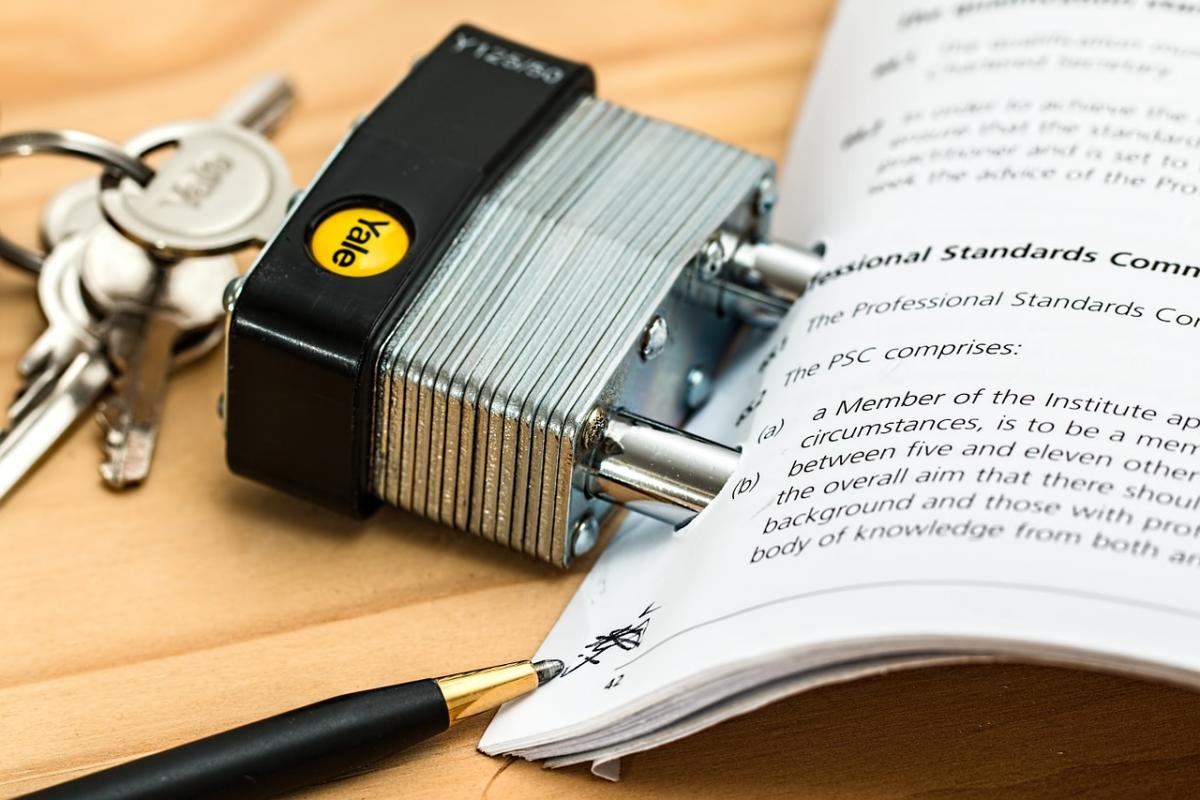Unlock Access with SensusAccess Document Converter
As part of CU Boulder’s commitment to fostering an accessible campus environment, OIT licensed a service called SensusAccess, which allows anyone with an @colorado.edu email address to upload a document and have it automatically converted to an accessible document type. By following four easy steps on the CU Boulder SensusAccess form, the document you upload is converted into an alternative, accessible format and the result is delivered in your email inbox.
Go directly to the SensusAccess file conversion service.
SensusAccess allows you to upload a file, provide a link to a file on the web, or copy and paste plain text. Supported file types include .DOCX, .PDF, .PPTX, .TXT, and .ASC. Output file formats include tagged PDFs, digital braille, mp3 audio files, DAISY audiobooks, and e-books. A full list of supported file types is available in the conversion matrix.
The quality of the output file you receive depends on the quality of the original file. For example, if you are converting a well-formatted Word document, the resulting file will be properly rendered into the desired output. On the contrary, scanned documents with smudges, tears in the paper, underlined or skewed text may result in a poor output file. Further, while SensusAccess does a good job converting a variety of input and output types, it should not be used to convert files with tables or complex formulas. Visit CU Boulder’s Accessibility Resources page for assistance with creating accessible content.
For more information about using SensusAccess, visit the OIT website. If you have questions about the service or about making course content accessible, please contact the IT Service Center at help@colorado.edu or call 303-735-4357 (5-HELP from a campus phone).